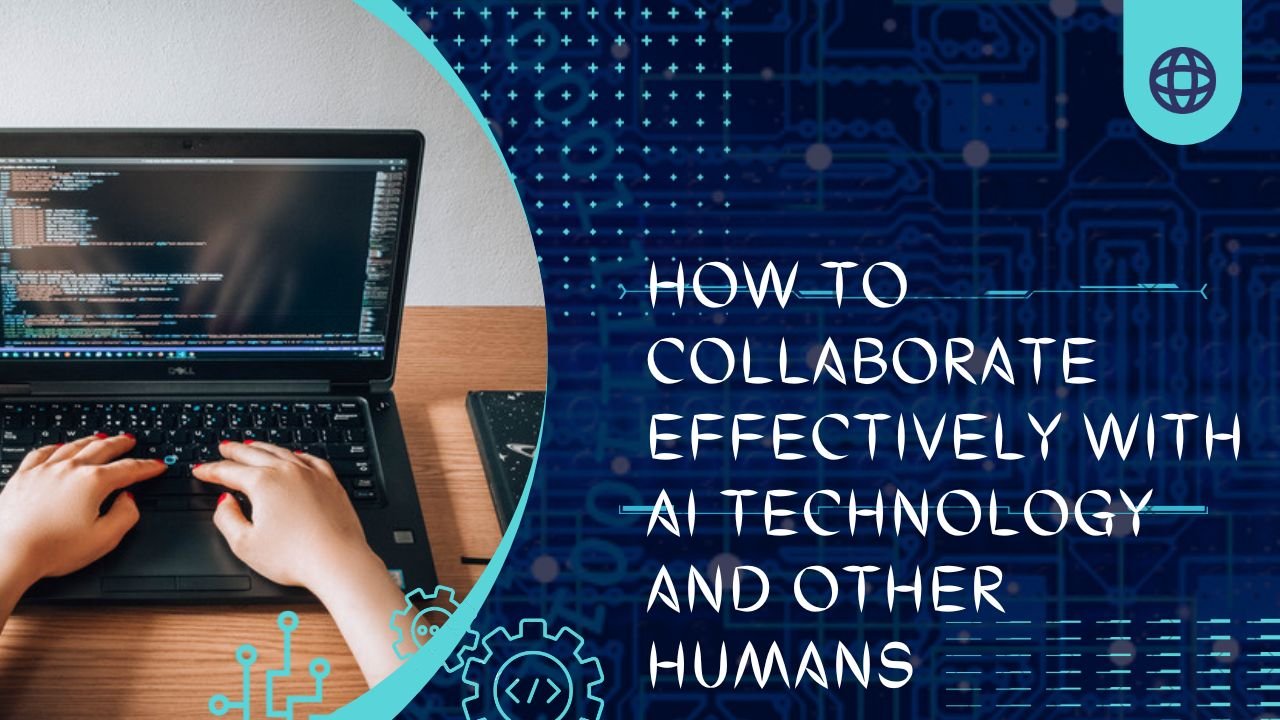Artificial intelligence (AI) is the ability of machines to perform tasks that normally require human intelligence, such as perception, reasoning, learning, decision making and problem solving. AI technology is rapidly advancing and becoming more accessible, affordable and scalable for businesses of all sizes and sectors. In this article, we will explore how AI technology is transforming different industries and business functions, and what benefits it can bring to businesses and society.
AI in Manufacturing
Manufacturing is one of the industries that can benefit significantly from AI technology, due to the increased data accessibility and automation capabilities. AI can help manufacturers reduce task time, increase accuracy, handle administrative tasks, optimize production processes, prevent downtime, forecast demand, improve quality control, enhance safety and security, and innovate new products and services. According to a report by McKinsey, AI can potentially create $1.2 trillion to $2 trillion of value in manufacturing by 2030.
Some examples of AI applications in manufacturing include:
- Predictive maintenance: AI can analyze data from sensors, machines and equipment to detect anomalies, predict failures and recommend preventive actions. This can help reduce maintenance costs, improve operational efficiency and avoid unplanned downtime.
- Quality inspection: AI can use computer vision and machine learning to inspect products and materials for defects, errors or deviations from standards. This can help improve quality, reduce waste, enhance customer satisfaction and comply with regulations.
- Process optimization: AI can use data analytics and optimization algorithms to monitor and control production processes, such as temperature, pressure, speed, flow rate, etc. This can help optimize resource utilization, energy consumption, output quality and yield.
- Product design: AI can use generative design and simulation tools to create and test new product concepts, features and functionalities. This can help accelerate innovation, reduce development time and cost, and improve customer value.
AI in Healthcare
Healthcare is another industry that can benefit greatly from AI technology, due to the increasing complexity and volume of health data and the growing demand for personalized and preventive care. AI can help healthcare providers improve diagnosis, treatment, prevention, research, management and education. According to a report by Accenture, AI can potentially create $150 billion of value in healthcare by 2026.
Some examples of AI applications in healthcare include:
- Diagnosis: AI can use natural language processing (NLP) and machine learning to analyze medical records, images, tests and symptoms to diagnose diseases and conditions. This can help improve accuracy, speed and consistency of diagnosis, as well as reduce human errors and biases.
- Treatment: AI can use data mining and decision support systems to recommend optimal treatment plans and interventions for patients based on their medical history, preferences and outcomes. This can help improve effectiveness, efficiency and personalization of treatment, as well as reduce adverse events and complications.
- Prevention: AI can use predictive analytics and risk assessment tools to identify high-risk patients and populations for chronic diseases or infections. This can help provide early warning signs, interventions and preventive measures to reduce morbidity and mortality.
- Research: AI can use data science and deep learning to discover new insights, patterns and correlations from large-scale health data sets. This can help accelerate scientific discovery, drug development and clinical trials.
- Management: AI can use automation and optimization techniques to streamline administrative tasks, such as scheduling appointments billing claims coding documents etc. This can help reduce overhead costs improve operational efficiency enhance patient experience
- Education: AI can use adaptive learning systems chatbots virtual reality etc. to provide personalized and interactive education training simulation for health professionals students patients etc. This can help improve knowledge skills competence confidence
AI in Retail
Retail is yet another industry that can benefit immensely from AI technology due to the increasing competition customer expectations digitalization personalization customization etc. AI can help retailers enhance customer experience increase sales optimize operations innovate products services etc. According to a report by Capgemini AI can potentially create $300 billion of value in retail by 2022.
Some examples of AI applications in retail include:
- Customer service: AI can use chatbots voice assistants conversational agents etc. to provide 24/7 responsive personalized convenient customer service across multiple channels platforms devices etc. This can help improve customer satisfaction loyalty retention
- Marketing: AI can use NLP machine learning computer vision etc. to analyze customer behavior preferences feedback sentiments etc. to create targeted personalized relevant marketing campaigns offers recommendations etc. This can help increase customer engagement conversion retention
- Inventory management: AI can use data analytics forecasting optimization etc. to monitor track manage replenish inventory across multiple locations channels suppliers etc. This can help optimize inventory levels reduce stockouts overstocking wastage costs
- Pricing: AI can use dynamic pricing algorithms to adjust prices according to demand supply competition seasonality etc. This can help maximize revenue profit margin customer value
- Product development: AI can use generative design and simulation tools to create and test new product concepts features functionalities etc. This can help accelerate innovation reduce development time and cost improve customer value
AI in Other Industries and Functions
AI technology is not limited to the above-mentioned industries and functions. It can also transform other industries and functions, such as:
- Finance: AI can help financial institutions improve risk management fraud detection compliance regulation credit scoring lending investing trading etc.
- Education: AI can help educators students parents etc. improve learning outcomes curriculum design assessment feedback personalization accessibility etc.
- Transportation: AI can help transportation providers passengers regulators etc. improve safety efficiency convenience sustainability etc. through autonomous vehicles smart traffic management ride-sharing services etc.
- Entertainment: AI can help entertainment providers consumers creators etc. improve content creation discovery recommendation personalization interactivity etc. through music streaming video streaming gaming social media etc.
- Agriculture: AI can help farmers agribusinesses consumers etc. improve crop yield quality pest control irrigation fertilization etc. through precision farming smart irrigation drones sensors etc.
Conclusion
AI technology is transforming different industries and business functions by providing data-driven, intelligent and automated solutions that can improve performance, efficiency, quality, innovation and customer value. AI technology can also create new opportunities, challenges and risks for businesses and society that need to be carefully considered and addressed. As AI technology continues to evolve and mature, businesses need to embrace it and leverage it to gain a competitive edge and achieve their goals.




